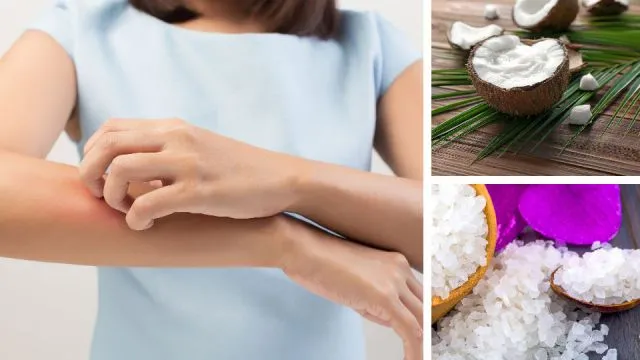
- Share on Facebook99
- Share on Pinterest
- Share on Twitter
If you suffer from eczema then you understand that the itch, rash and occasional pain that accompanies an outbreak can often lead to frustration and embarrassment. As a fellow sufferer, I’ve tried many commercial products. Some worked okay, while others… not so much.
Nevertheless, as someone who’s suffered from eczema for most of my life, I’ve searched high and low for natural remedies that could possibly replace a need for over-the-counter or prescriptions topical steroid lotions and ointments. Here’s the good news. Some natural remedies can help reduce eczema symptoms. Others, well, they may not even get to the root of the problem.
Sure, topical steroids work… temporarily
Unfortunately, most topical steroids often prescribed to treat eczema only work in the short term. It doesn’t get to the root of the problem. Even when a product works, eczema, it seems, always returns. That’s because eczema is complex. And the underlying cause may be different between sufferers. So, without fully knowing what’s actually triggering your eczema, it’s hard to get to the bottom of your itch.
Underlying factors might include:
- Stress
- Hormone imbalance
- Diet
- Poor gut health
- Vitamin deficiencies
- Immune dysfunction
However, there are several natural eczema remedies that can help control your symptoms and maybe even start you on the road to healing.
1. Bone broth for natural healing

Here’s something you’ve probably not tried for eczema relief: bone broth. Bone broth is one of the world’s best sources of natural collagen, and collagen has many benefits for eczema. Collagen is critical for the skin and especially helpful for scarring. Collagen is mainly found in bones. So, one great way to get collagen is by eating bone broth. Bone broth is also one of the most beneficial foods for restoring gut health. And poor gut health is a major factor for eczema. So, by creating a homemade broth made from beef or chicken bones you can heal your gut and skin naturally.
2. Banana peels for eczema itch
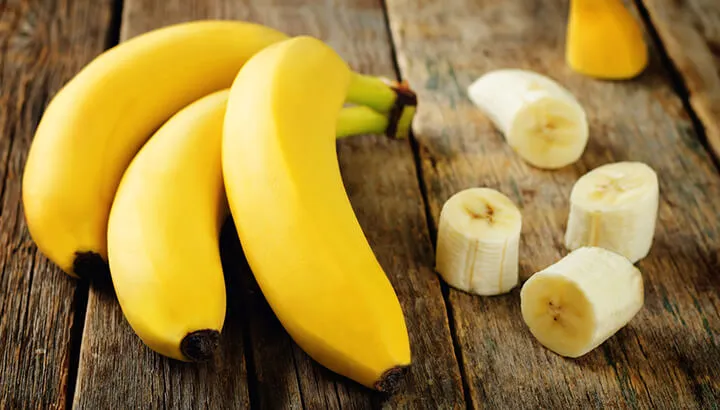
Here’s another odd remedy you’ve likely never tried: banana peels to relieve eczema itch. The National Eczema Association suggests applying banana peels to the skin to relieve eczema symptoms. And apparently, it’s thought to relieve itching for hours. You may be hard-pressed to find clinical studies on the subject, but after one member of the organization used an application, itching subsided for six hours!
3. Coconut oil for decreasing bacteria on skin
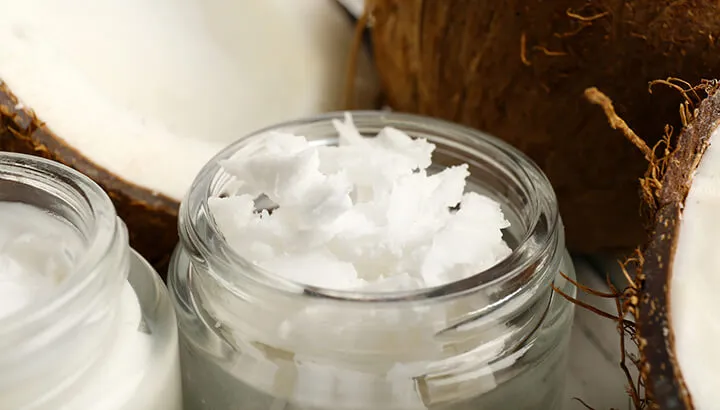
Coconut oil has become a popular all-natural beauty treatment for healthy skin and hair. And interestingly, research also suggests that coconut oil may help reduce symptoms of eczema. According to the National Eczema Association, eczema patients naturally have staph bacteria on the skin. However, bacteria decreased by 95 percent after coconut oil was applied to the skin, compared to about 50 percent in those patients who applied olive oil instead.
This is amazing considering that most patients with moderate to severe eczema have skin that’s colonized with a bacterium called Staphylococcus aureus, which thrives on weepy and broken skin. In fact, this bacterium is found on the skin of virtually everyone with atopic eczema, even when there are no signs of infection, says the association.
4. Probiotic-rich foods to heal from the inside out
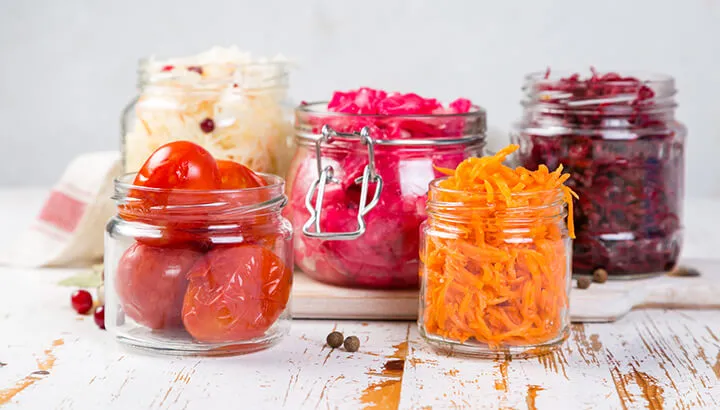
A poor diet, mixed with toxins and even doses of antibiotics threaten your gut health daily. And when your gut health is under attack, your entire body goes out of whack. And that could mean developing eczema. That’s why replenishing your gut flora, with foods loaded in good bacteria, is so important for maintaining healthy skin.
Here are some probiotic-rich foods to include in your diet:
5. Epsom salt bath
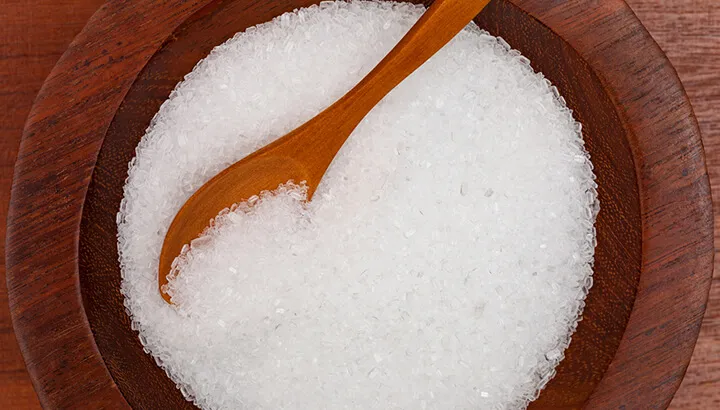
Epsom salt is not your traditional culinary salt. It’s really magnesium sulfate, a pure, mineral compound with dozens of uses. When added to a bath, Epsom salt breaks down into magnesium and sulfate. And when you soak in an Epsom salt bath, it enters your body through your skin, according to studies published in the journal Nutrients.
So, what can an Epsom salt bath do for you? Well, the anti-inflammatory property of Epsom salt, which helps treat asthma, muscle cramps and edema, is also beneficial for eczema, suggests Progressive Health. That same anti-inflammatory effect reduces inflamed eczema lesions as well as relieves itching. Additionally, Epsom salt also fights pathogens on the skin by drawing moisture from eczema-causing bacteria and fungi, thus reducing eczema symptoms.
How to take an Epsom salt bath
Your tub water should be very warm and comfortable but not hot. Add about two cups of Epsom salt under running water to help it dissolve. Soak for about 15 minutes or for as long as is recommended by your doctor. Note: Epsom salt should not be used in a hot tub, whirlpool or any other jet tub.
Give these natural treatments a try! They can’t hurt… but they can stop the itch. They may even get to the root of the problem — ridding you of eczema for good!
— Katherine Marko
- Share on Facebook99
- Share on Pinterest
- Share on Twitter

